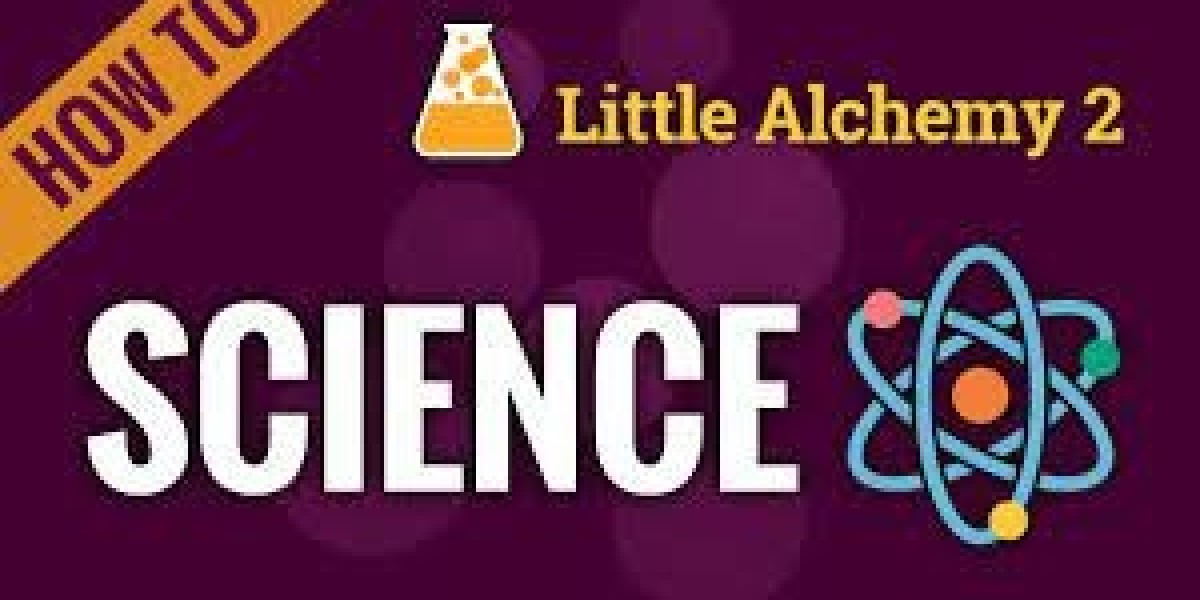It is often associated with the pursuit of turning base metals into precious ones, such as lead into gold, and the quest for the philosopher's stone,how to make science in little alchemy a legendary substance believed to grant immortality. While alchemy has historically been viewed as a pseudoscience, it played a crucial role in the development of modern chemistry and contributed to our understanding of the natural world.
Historical Origins
Alchemy has its roots in the Hellenistic period, with early influences from Egyptian and Babylonian traditions. The word "alchemy" itself likely derives from the Arabic term "al-kīmiyā," which means "the chemistry of the black land" and refers to Egypt. Alchemists believed that Egypt was the source of ancient wisdom, making it a central theme in their literature.
Philosopher's Stone and Transmutation
One of the central goals of alchemy was the transmutation of base metals into noble ones, particularly the transformation of lead into gold. Alchemists pursued this goal with a combination of spiritual, philosophical, and practical methods. They believed that by perfecting the inner self and mastering the hidden forces of nature, they could unlock the secrets of transmutation.
The philosopher's stone was a legendary substance thought to be capable of achieving these transformations. It was also believed to grant immortality and serve as the key to profound spiritual enlightenment. Alchemists would spend years searching for the elusive philosopher's stone through a combination of laboratory experiments and mystical practices.
The Three Principles of Alchemy
Alchemy was guided by three fundamental principles: sulfur, mercury, and salt, which represented essential qualities and elements. Sulfur represented the soul, mercury the spirit, and salt the body. The interaction and balance of these principles were believed to be the key to transmutation and spiritual enlightenment.
Laboratory Work
Alchemy involved a significant amount of practical laboratory work. Alchemists were among the first to develop techniques such as distillation, sublimation, and filtration, which are now fundamental in modern chemistry. They used these techniques to purify and transform substances, seeking to uncover the secrets of matter and its transformations.
Symbolism and Mysticism
Alchemy was as much a spiritual and symbolic pursuit as it was a practical one. Alchemical texts and illustrations were filled with symbols and allegorical imagery. The process of transmutation was often described in terms of the spiritual journey, with various stages representing purification, dissolution, and reintegration.
Contributions to Modern Science
While alchemy did not succeed in its goal of transmuting base metals into gold or discovering the philosopher's stone, it had a lasting impact on the development of modern science. Alchemists laid the groundwork for modern chemistry by refining laboratory techniques, documenting their experiments, and systematically studying the properties of substances.
Moreover, alchemy's emphasis on the importance of observation and experimentation paved the way for the scientific method, which is at the core of modern scientific inquiry. Alchemy also contributed to the understanding of chemical processes and the discovery of new materials, which played a crucial role in the Industrial Revolution and the advancement of metallurgy.
In conclusion, alchemy was a complex and multifaceted pursuit that combined elements of science, spirituality, and mysticism. While its ultimate goals of transmutation and the philosopher's stone remain elusive, its historical significance cannot be denied. Alchemy's influence on the development of modern chemistry and its role in shaping the way we approach scientific inquiry make it a fascinating and enduring chapter in the history of human knowledge.







